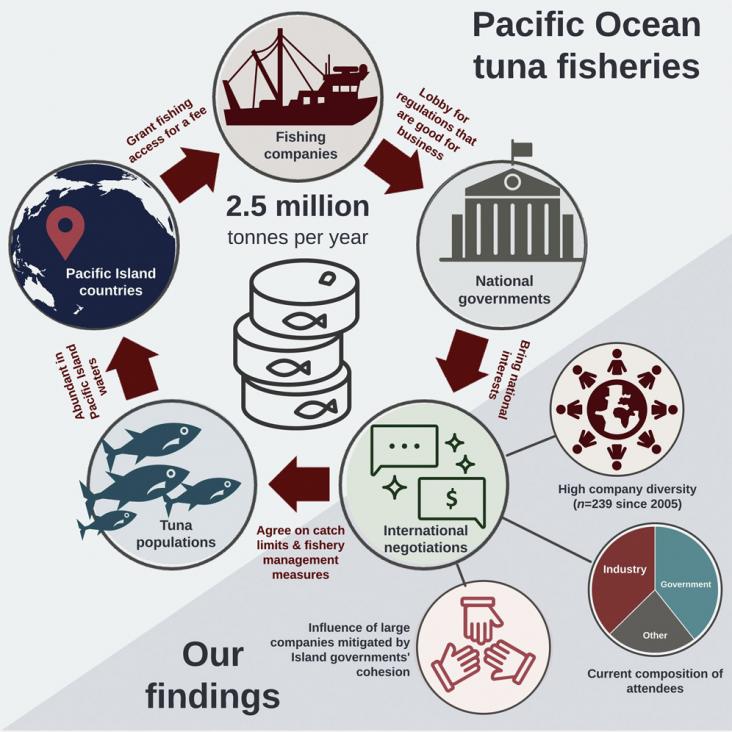This article supports SDGs 9, 11, and 17 by illustrating the opportunity for the use of electric powered vehicles as an energy source during natural disaster events.

This article focuses on a key industry in ocean governance - tuna fishery - to examine how companies and governments relationship in international fishery negotiations can influence the governance of tuna fishery industry.
This chapter advances the UN SDG goals 3 and 17 by reviewing the use of cannabidiol oil for AD patients.
This chapter advances the UN SDG goals 3 and 17 discusses the effects COVID had on the lifestyle of patients with AD.
This chapter advances the UN SDG goals 3 and 17 discusses the female gender on AD risk.
This chapter advances the UN SDG goal 3 and 17 by exploring antiogensin in relation to the treatment of neurological disorders
Alzheimer's disease (AD) is a severe global public health issue because it is an irreversible neurodegeneration of the brain that impairs personality, cognition, memory, and other functions before it ultimately results in death from total brain failure.
The most prevalent type of neurogenerative condition linked to dementia, based on the current situation, is Alzheimer's Disease (AD).
Medications used in the treatment of Alzheimer's disease include the acetylcholinesterase inhibitors (AChEIs, i.e., donepezil, rivastigmine, and galantamine), the N-methyl-D-aspartate receptor (NDMAR) antagonist, memantine, and the anti-amyloid beta monoclonal antibody, aducanumab.
This chapter discusses any plausible correlation between malnutrition and the onset of Alzheimer's disease. An overview of Alzheimer's pathophysiology is included to offer an understanding of the various underlying causes leading to its manifestation.
